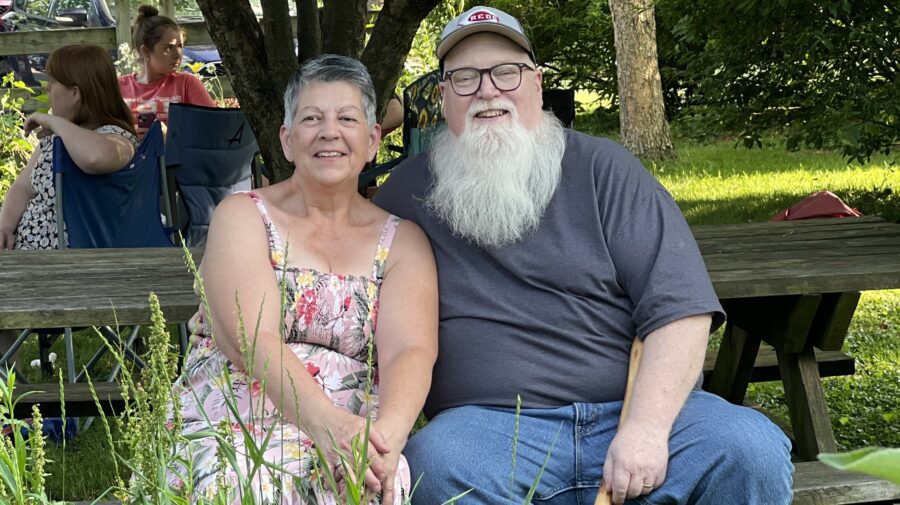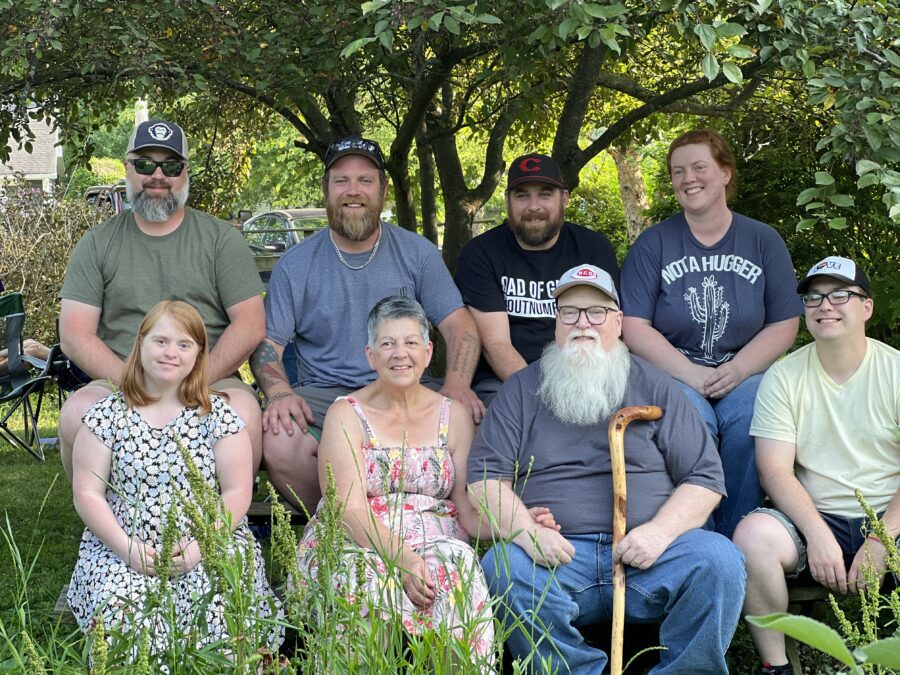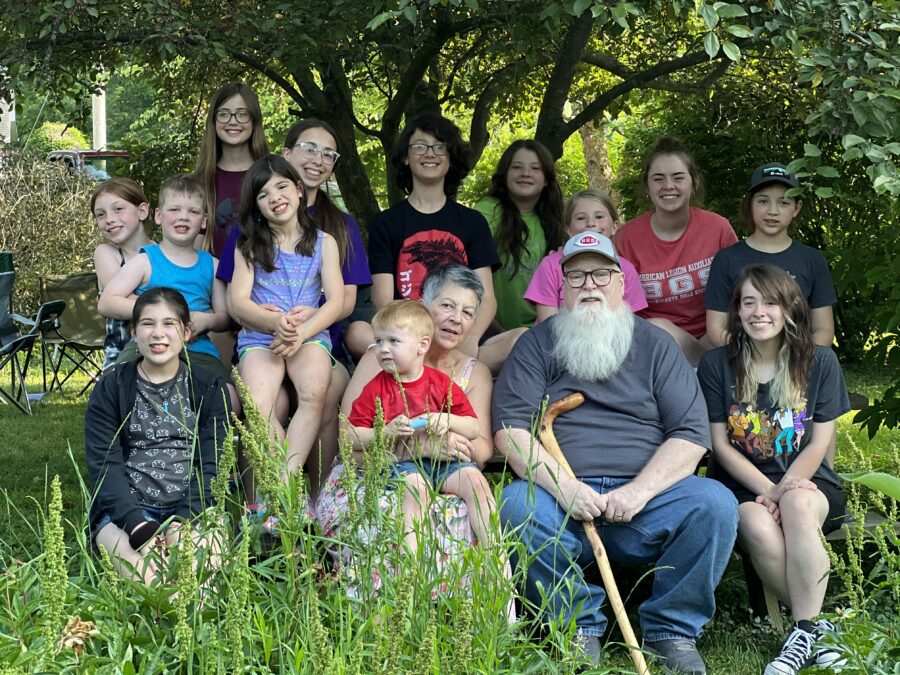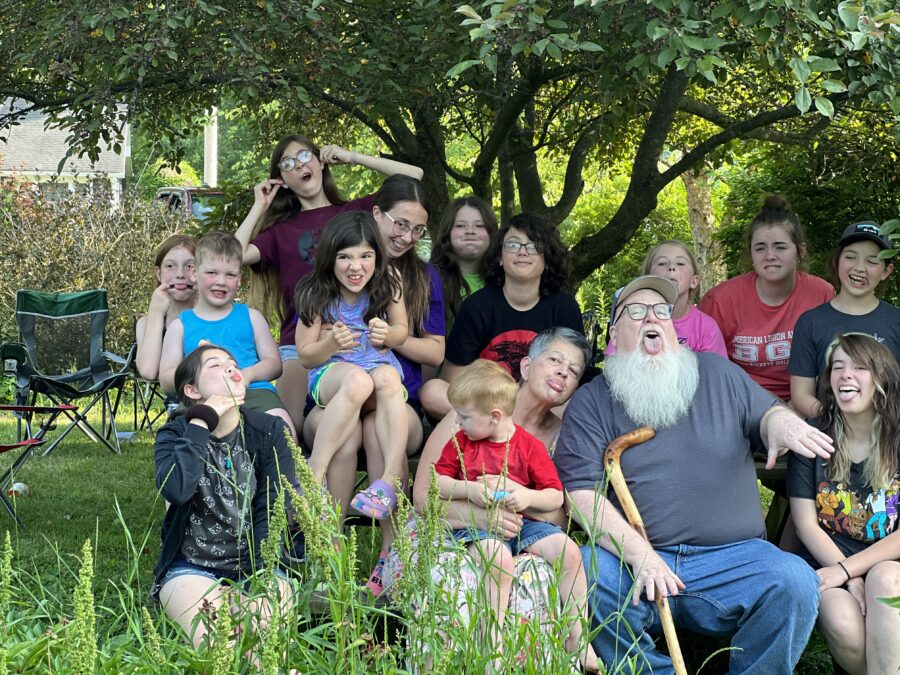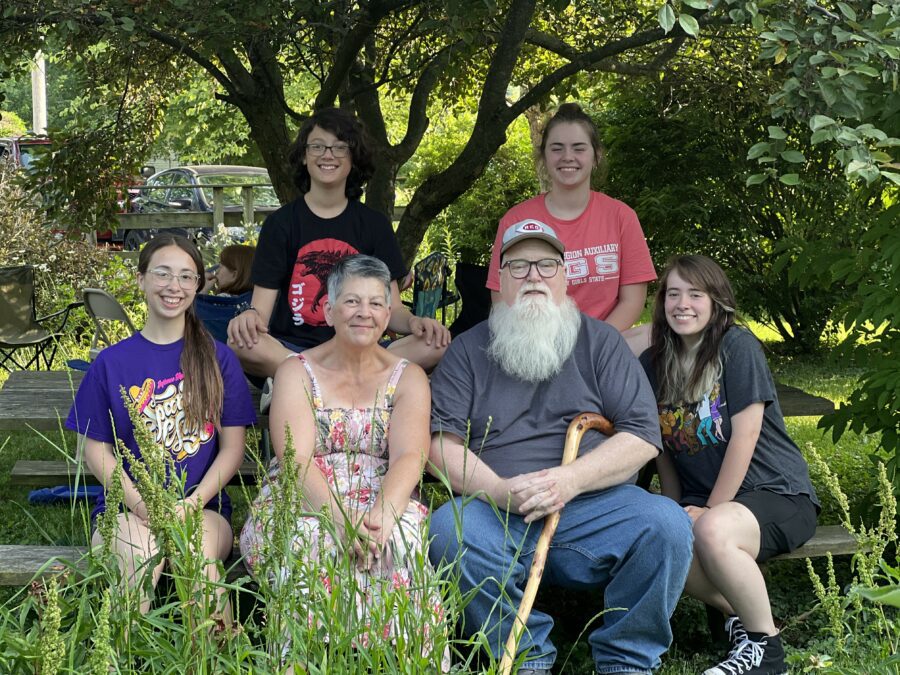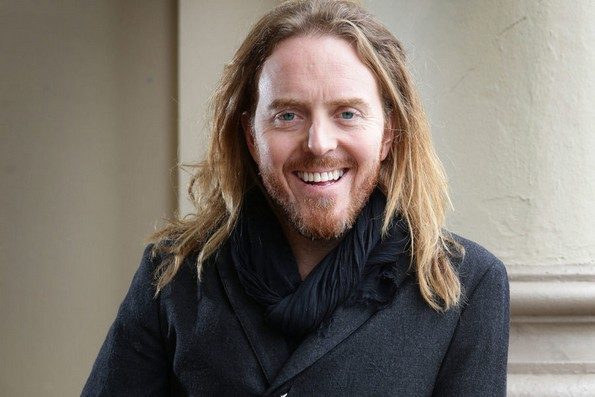
Alan Schlemon is a Biola University-trained Evangelical apologist; a man who allegedly “train[s] Christians to persuasively, yet graciously share their convictions.”
Recently, Schlemon wrote an article for the Stand to Reason website titled Rejecting Your Creator Means Rejecting Your True Identity.
Here’s what he had to say:
Baskin-Robbins was my go-to place for ice cream when I was a kid. At the time, they boasted “31 flavors.” With that many options, I was sure to find one that would satisfy my craving.
Though it makes sense to choose your favorite flavor of ice cream, it seems strange to take this approach when figuring out whether you’re a man or a woman. Not long ago, that aspect of who you are wasn’t decided, but discovered. You were born either male or female and grew up to be either a man or a woman.
Not so today.
….
Although many factors probably play a role, the emergence of these “identities” is not surprising. Society has jettisoned belief in God. When you reject your Maker, you reject the one who establishes your identity. People, though, naturally want to belong. They crave to connect with a community of people who share their values and feelings. With the Maker gone, there’s an identity vacuum that begs for a new way to view oneself. It makes sense that the concept of gender identity was born. There’s a potentially endless offering of identities.
With no external Maker to tell them who they are, people look internally. Often, they tap into their inner thoughts and feelings in an attempt to create their own identity. They’re basing their identity on their internal experience, an approach that is fraught with problems.
First, it presumes your inner thoughts are a reliable source for determining your identity. Everyone knows that thoughts and feelings change. What you experience one day can differ tomorrow, next month, or next year. If you base your identity on your internal experience, your identity will change on a regular basis.
But why think your internal states determine your identity? Of all the aspects of a person, why ground identity in an abstract and ever-changing component? That’s why the body is meant to signal one’s identity. After all, if you ground identity in your body, then it’s hard to mistake what sex you are and impossible for it to change over time. This allows your identity to endure. You remain the same no matter how you feel or how you express yourself.
Second, it presumes your identity is a matter of choice, not an objective reality. Choosing an ice cream flavor is a matter of preference—just pick what you like. Today you might want Oreo cookie ice cream, but next month it might be mint chocolate chip. There’s no problem with changing your favorite flavor because it is your prerogative to choose what ice cream you eat.
….
If identity is an enduring part of who you are, then leaving it up to a personal decision is problematic. People end up identifying as one or more of dozens of possible identities based on how they feel inside. It becomes a subjective exercise. We allow children to do that when they role-play. They might pretend to be a pirate, prince, or princess. We recognize they might feel the internal bravery of a prince, but everyone knows they are not objectively a prince.
Third, it presumes you are like God. You’re not the Creator, though. You didn’t make you. Determining who you are is, frankly, above your pay grade. If you create something yourself, you have full knowledge of the process, the materials, and the purpose of what you made. That’s when you can decide its identity.
….
Mere mortals shouldn’t take the role of the divine. Since the Creator creates the creature, it’s his prerogative to decide his creation’s identity. Transgender ideology subverts the role of the Maker by allowing the creature to determine its identity.
….
Our Maker, though, knows best. He not only made us; he loves us. That’s why we can trust him and ground our identity in him.
There are eight billion people in the world, yet Schlemon believes most of them are living in denial of or are rejecting their “true identity.” Schlemon, a presuppositionalist, lives in a black-and-white world. People are saved or lost; in or out; headed for Heaven or Hell. Either we accept our true identity or we live in denial of our identity. Of course, the world is far messier than Schlemon would like it to be. It seems the Christian God lacks competence when creating human beings and the world they live in.
There’s much I could say about Schlemon’s post, but I want to focus on a fatal flaw in his thinking. Schelmon says our true identity comes from God. Fine, when we are born, what is our true identity? Evangelicals believe that all humans at birth are sinners; enemies of God. We don’t become sinners, we are sinners. That’s our identity. Yet, if people want their sins forgiven and want to go to Heaven after they die, they must change their original identity (whether by regeneration, an act of volition, or both). So, people can and do change their identities. In fact, the Bible says newly saved sinners become new creations in Christ, old things pass away, and all things become new.
Further, Evangelical Christians identify with a plethora of sects, beliefs, and identities. They have peculiar traits by which we can identify them as Baptists, Charismatics, Pentecostals, Calvinists, Arminians, Independent Fundamentalist Baptists, etc. These religious traits are very much a part of their identity, are they not? And don’t Evangelicals change identities? I know I did.
People personally choose whether to believe (or not) and, after believing, they choose which sect they want to identify with. Surely, Schlemon would agree that these are individual and personal decisions. How are these decisions any different from people choosing their gender? Of course, Schlemon, much like the homophobe Dr. David Tee, denies that there are multiple genders; that there are more than two sexes. He can deny these scientific facts all he wants, but the fact remains that there are more than two sexes and there are more than two genders. Certainly, we need to discuss how gender is chosen and how people identify with a particular gender. But, people change their minds, Schlemon says. Yep, what is his point? I am sixty-six years old. My life has been one of frequent movement and change. My identity has changed dramatically over the years. Why this is so can be explained from a sociological perspective — no deity needed (though certainly the fifty years I spent in the Evangelical church influenced and affected my identity).
I will leave it to you, the reader, to further challenge Schlemon’s assertions. Enjoy!
Bruce Gerencser, 66, lives in rural Northwest Ohio with his wife of 45 years. He and his wife have six grown children and thirteen grandchildren. Bruce pastored Evangelical churches for twenty-five years in Ohio, Texas, and Michigan. Bruce left the ministry in 2005, and in 2008 he left Christianity. Bruce is now a humanist and an atheist.
Connect with me on social media:
Your comments are welcome and appreciated. All first-time comments are moderated. Please read the commenting rules before commenting.
You can email Bruce via the Contact Form.






